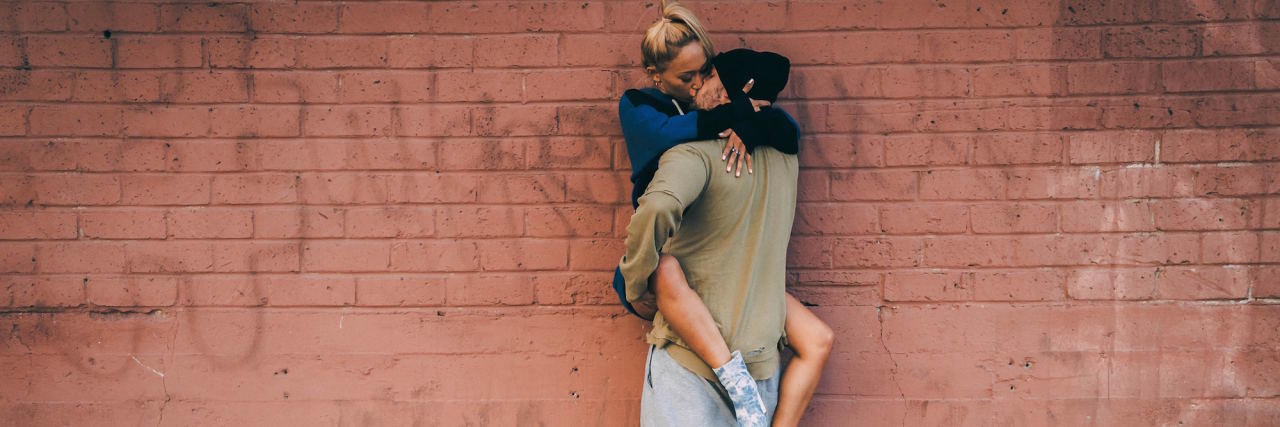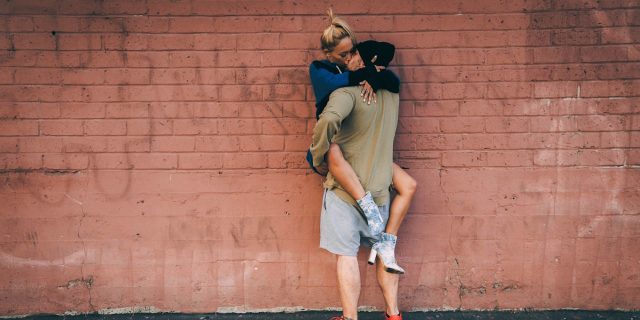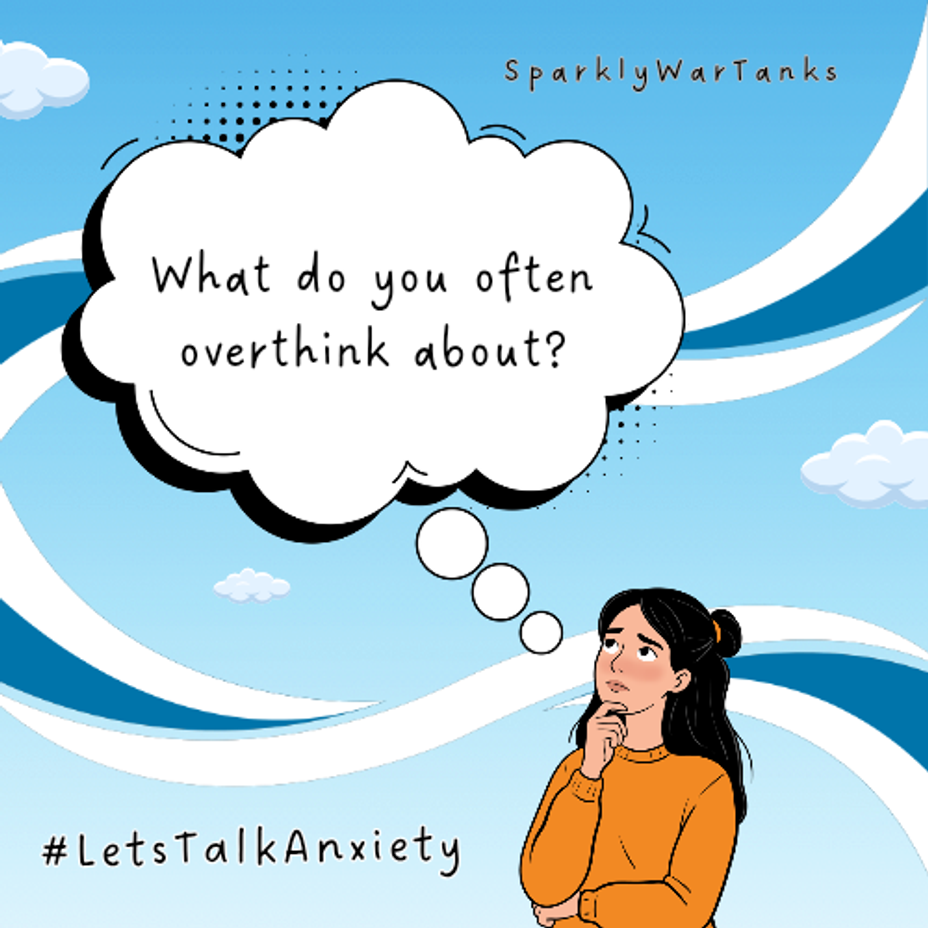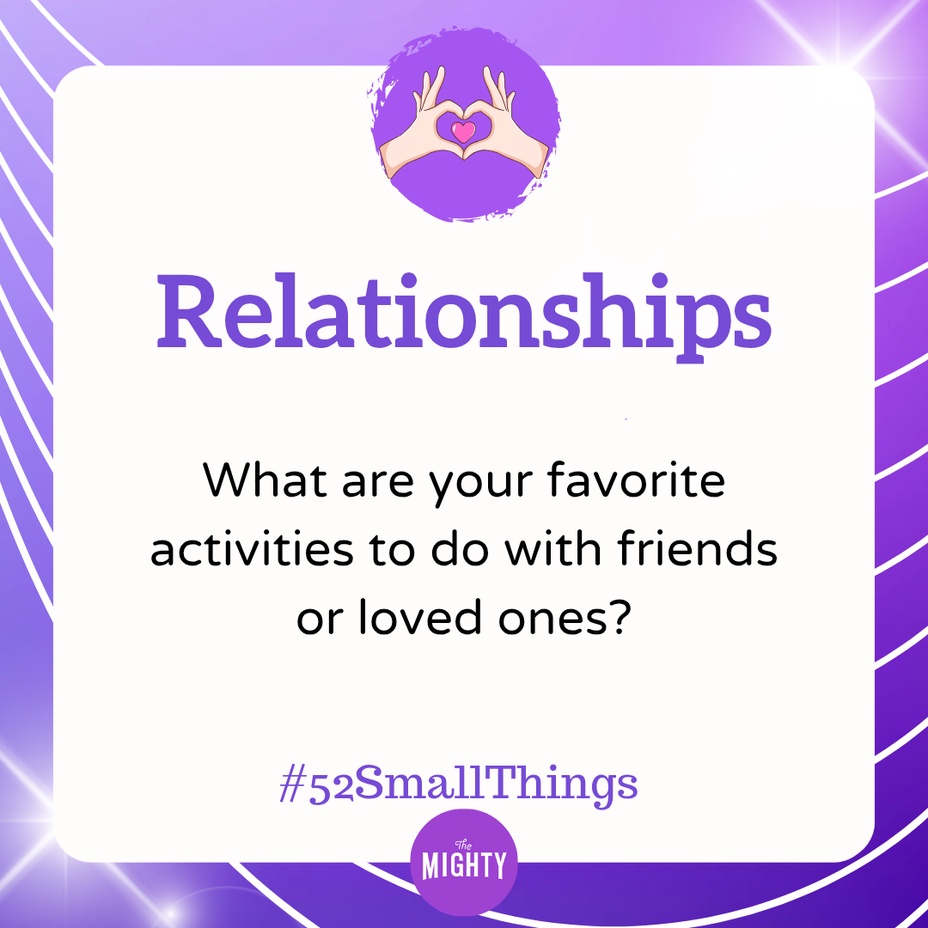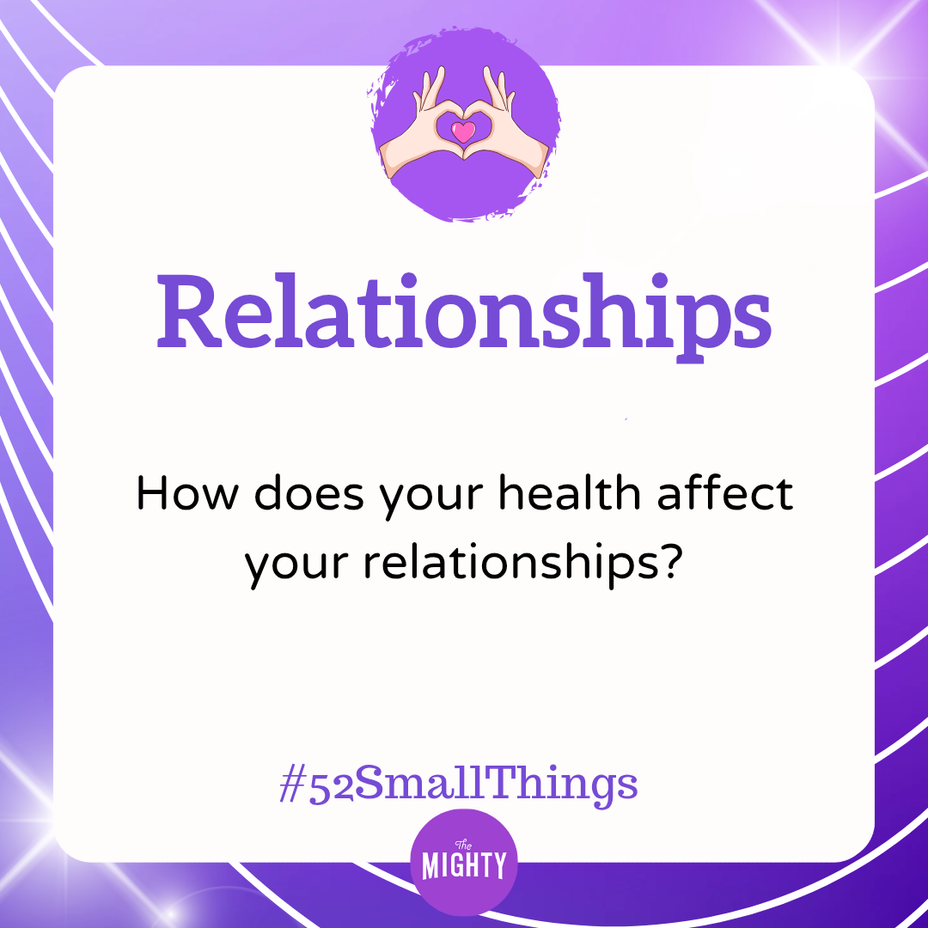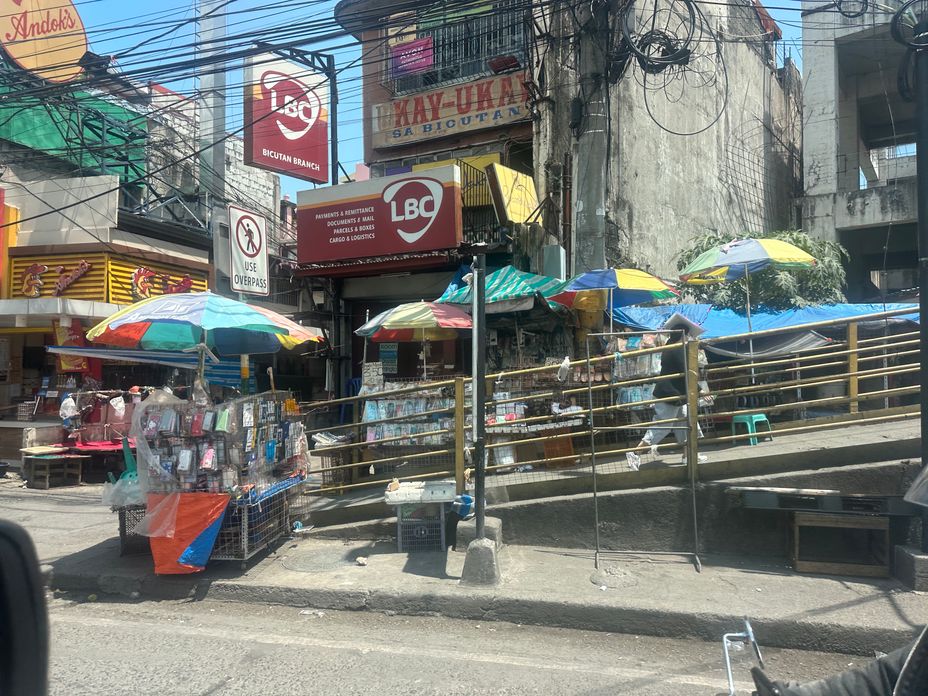Imagine being a grown adult and still feeling like you don’t quite fit anywhere.
By our mid-40s, aren’t we supposed to have it all figured out?
A stable life. A career we love. A family. Confidence. Structure.
Isn’t that what it’s supposed to look like by now?
And yet — how many of us still feel like frauds?
How many of us are hiding our insecurities every single day?
Fake it till you make it.
Yikes.
As recently as eight months ago, I found myself wondering why I was even put on this earth — other than to suffer. That’s how dark it got.
I asked myself questions I was almost afraid to answer.
How do I even date now?
Is my life as I knew it… over?
If I’m brutally honest, I hated who I thought I was in the shadows of it all.
Sober.
Living with borderline personality disorder.
Who would want me?
Who would find me appealing?
At times, my thoughts felt like a hurricane — pulling me under, stealing my breath. I fought hard not to believe every lie my brain tried to sell me. And some days, that fight is still real.
The more I accepted my BPD diagnosis, the more lost and alone I initially felt. Research didn’t help. Statistics about job instability. Relationship longevity. Words like “chronic” and “difficult.” It’s easy to spiral when that’s what you’re reading.
Living with severe mental illness can feel like torture when you’re misunderstood — when being around people is sometimes excruciating, and isolation starts to feel safer. But that isolation? It becomes a cycle. A sad and dangerous one.
Here’s what I’ve learned:
BPD is not a character flaw. It is trauma.
And healing begins when you remove what harms you.
I had to remove the triggers — people, environments, even jobs — that kept pulling me back into my worst self. That decision saved my life. It wasn’t easy. It wasn’t comfortable. But it was necessary.
Then I did something even harder.
I let a few incredible people truly see me.
And they didn’t love me in spite of my diagnosis.
They loved me with it. Through it. Because of the depth and honesty it shaped in me.
There is a fuller life on the other side of survival mode.
I promise you that.
Chase your dreams anyway.
Build the life anyway.
Love anyway.
And don’t let anyone — including your own mind — convince you that you are too much or not enough
